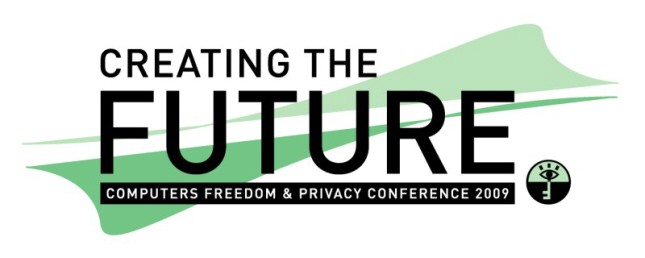What can Diaspora* learn from Google+?
At last year’s Blue Hat conference, I gave a short talk on What Diaspora* can learn from Microsoft. Â Now, I’d like to do the same kind of analysis with Google+.
Ten weeks into the G+ experiment, what are the key learnings for a privacy-friendly distributed social network. Here’s a few early thoughts.
- Diaspora’s on the right track. Google+’s “circle” concept and page layout look like they’re based on Diaspora’s work — and imitation is the sincerest form of flatter.
- Diaspora’s current functionally + longer posts + easy link sharing + video = enough to get people excited
- The estimated 40% of people online who prefer “screen names” or pseudonyms are a really good target audience right now.  Geek Feminism’s excellent list of Who Is Harmed By a “Real Names” policy could be the basis of a great go-to-market plan for Diaspora
- Gender is a text field, but corporations run by cis guys still don’t see it that way
Your thoughts welcome, either about these ideas or new ones!
jon






 Voting in change.org’s Ideas for Change in America competition closes Thursday at 2 p.m. Pacific time.
Voting in change.org’s Ideas for Change in America competition closes Thursday at 2 p.m. Pacific time.